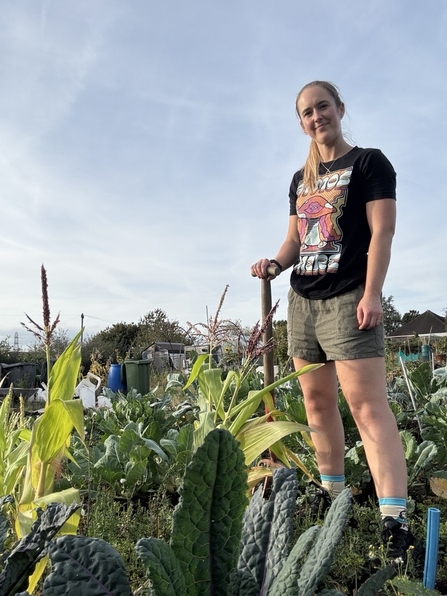The Covid lockdowns challenged all of us in ways we could never have imagined. Like many organisations, at DWT we had to adapt quickly to new ways of working as the guidance shifted week by week. During that time, we chose to furlough staff on Fridays whenever possible. What began as a temporary measure soon sparked a bigger conversation:
If the world of work is changing, why shouldn’t we change with it?
Across the country, companies were starting to explore alternatives to the traditional 9–5, with many trialling shorter working weeks. We asked ourselves: could giving colleagues more time away from work make a positive difference for both our people and our mission?
Why We Chose a 9-Day Fortnight
The evidence is mounting: longer hours don’t equal greater productivity. What truly makes the difference is having a team that feels well-rested, valued, and motivated. After consulting with employees and running a successful trial, we introduced the 9-Day Fortnight—meaning every other Friday is now a non-working day.
The results spoke for themselves. Our productivity didn’t dip, our supporters and partners weren’t negatively impacted, and we saw a real boost in employee wellbeing. It was a win-win, so we stuck with it.
The Personal Impact
For me, this working pattern made a real difference. Having a longer break every other week has given me the chance to spend more time in my garden and allotment, the extra exercise has been great and the time in nature has been a huge boost for my mental wellbeing, giving me space to slow down, which has had a noticeable boost on my mood and energy when I return to work.


